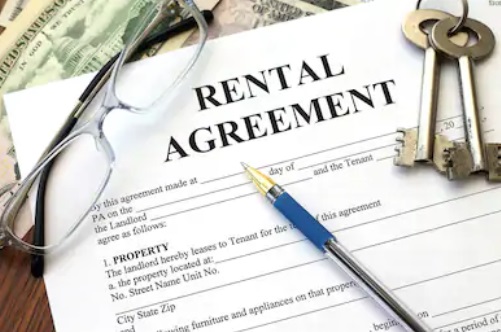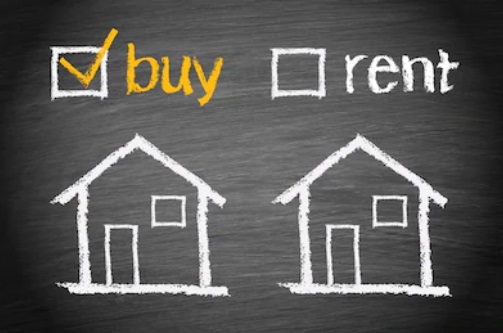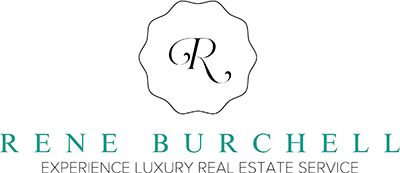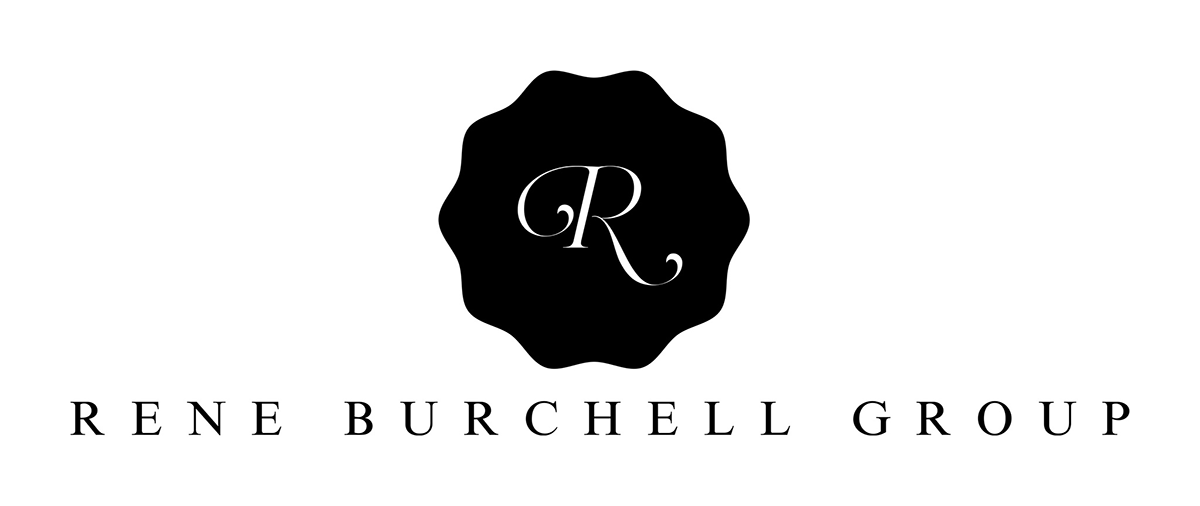For many of us, the primary purpose of buying a house is to have a place that we can call home. It’s a place where we establish our roots. It’s somewhere that we look forward to returning to after a busy work or school day, or after spending time on vacation or visiting family members and friends.
For others, a house can be seen as an additional source of income. Some buy houses, repair and renovate them, and then turn around to sell them for a profit. Others decide to buy homes to use as rental properties. This can be a lot of extra work, but the end result can certainly be worth the up front time and money.
Buying a home in Texas to rent can be achieved easily. Here are a few things to keep in mind if you’re considering this option:
1. Decide if you actually want to become a landlord.
The first thing you should do is to decide whether or not you actually want to be a landlord. You’d be responsible for repairs, renovations and maintenance on the property.

This can include everything from mowing the lawn and snow removal to replacing lightbulbs and unclogging drains and toilets.
You could outsource these duties to others, but the costs could eat into your profits, and not all services are available around the clock. If you’re not up to these challenges, it may be time to rethink your strategy.
2. Figure out your finances.
Another important step is getting your finances in order. Take some time to review properties in the area that you’re thinking about buying a home in. This will give you a good idea of what the average mortgage should be.
If you have another mortgage or other outstanding loans or debt, pay them off or pay them down as much as possible. Review your spending habits and reduce or eliminate any redundant or unnecessary items.
3. Determine your operating revenue.
As a landlord, your operating expenses should roughly range from around 40 to 75 percent of your operating income.
A good rule of thumb is the 50 percent rule. For example, if you charge $1,500 per month for rent, your operating expenses may be around $750.

You can start plotting out your expected revenue and expenses in advance. You should be able to determine rough estimates for your costs and income based on the number of services you offer and the number of tenants you expect to have.
4. Calculate your optimal return on investment.
For every dollar that you invest in your rental property, how much are you getting in return? It may take some time to start seeing a good return on your investment. The first year or two may be difficult.
Achieving a 5 percent return or greater on your investment is healthy. That value should increase over time as you become more efficient with how you manage the process.
5. Find the right location.
The right location can make all the difference between success and failure. The ideal rental property would be in a nice neighborhood with low crime rates to be attractive to the most potential renters.
It should be fairly close to schools, hospitals, employers, entertainment and other local businesses. It should also be in an area with rising property values. If the home values in an area that you’re contemplating have steadily declined in recent years, that’s a sure sign to look somewhere else.

6. Avoid buying a home that needs a lot of work.
Unless you enjoy “fixer-upper projects, it’s probably best to avoid buying a home that needs a lot of work. The more work a home needs, the more it could eat into your profit margin. You could hire a contractor to do the work, but that’s another added expense. An exception is if you can make renovations such as upgrading or adding bedrooms or additional living space that will add value to the property in the long term.
Owning and operating a rental property is never easy. You have to constantly be on top of repairs and maintenance issues. You may also sometimes have to deal with unruly tenants or occupants who are behind on their rent.

There are other pros and cons to think about:
Pros:
- Any interest that you pay on the property is tax-deductible.
- Real estate values generally tend to increase over time. Your income from the rental property should continue to grow as you add more tenants or buy more rental properties. Proper marketing and upkeep for each property can help to ensure your financial success.
- Most people don’t need to quit their day jobs to become landlords. You should be able to make a living at both your normal profession and as a landlord. You can always hire property managers or other services to take care of property maintenance and repairs.
Cons:
- The money you make from rent might not always be enough to cover your monthly mortgage payments and servicing of the home.
- You may be faced with a 3.8% surtax on your rental property income if your total income for the year is over $200,000 if you’re filing your taxes as an individual, or over $250,000 when filing a joint tax return.
- Owning a home and renting it out is usually a long-term commitment. It isn’t just something that you can give up on after a couple of weeks or months.
Evaluate all of the above and any other pertinent information before deciding to buy a home to rent out. If you’re up to the challenge, it can be a very rewarding experience. It may even turn into a full-time career if you want. It’s a lot of responsibility and there are bound to be headaches from time to time, but the return on investment can be very rewarding.
Have Questions? Ask Rene!




